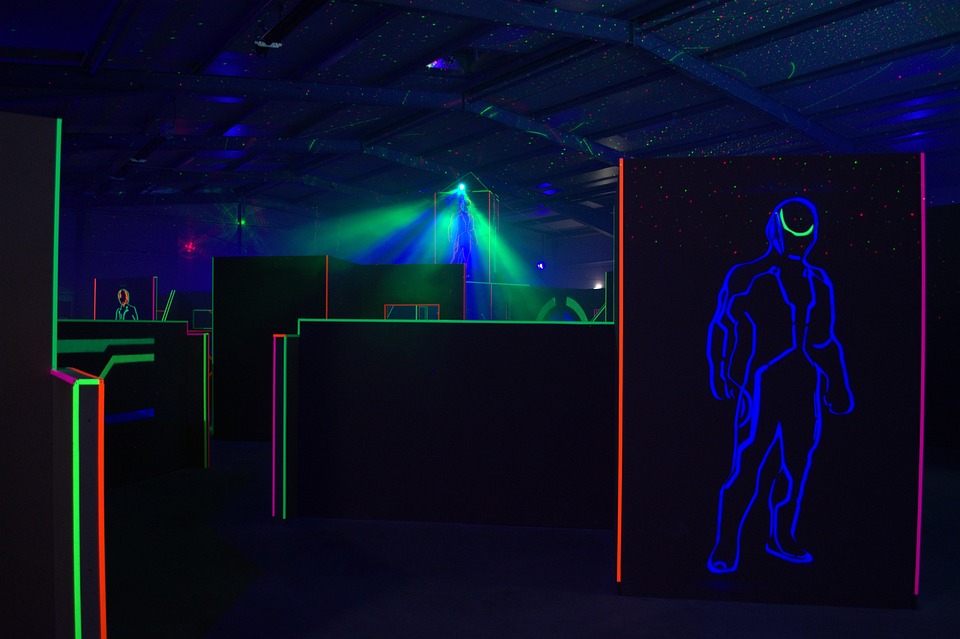In an age defined by rapid technological advancements, the transformation of event venues into smart arenas is revolutionizing how we experience live entertainment, sports, and conferences. These intelligent venues leverage advanced technologies to create immersive, personalized, and efficient experiences for attendees. From state-of-the-art sound systems to interactive displays and real-time data analytics, smart arenas are setting a new standard in the event industry.
The Rise of Smart Arenas
The concept of “smart” venues isn’t merely a marketing catchphrase; it reflects a substantial investment in technology aimed at enhancing attendee engagement and operational efficiency. As smartphones and digital connectivity become ubiquitous, event organizers are recognizing the potential to provide a seamless experience that resonates with tech-savvy audiences. This trend is particularly evident in major sports stadiums, concert halls, and conference centers, where the integration of technology is becoming a cornerstone of the guest experience.
Key Technologies Shaping the Smart Arena Experience
1. Enhanced Connectivity
One of the most significant advancements in smart arenas is the deployment of high-speed Wi-Fi and 5G networks. These technologies ensure that attendees can stay connected, share experiences on social media, and access event-related apps without lag. Enhanced connectivity means that now, even in the largest crowds, fans can share live updates, stream content, and interact with interactive displays from the comfort of their seats.
2. Mobile Apps and Personalization
Smart arenas are increasingly integrated with mobile applications that offer personalized experiences. These apps can provide real-time updates on event schedules, seating arrangements, and even food and beverage ordering. With geolocation features, attendees can receive tailored recommendations based on their location within the venue, whether it’s finding the nearest restroom or identifying alternative routes to avoid crowds.
3. Smart Ticketing Solutions
The days of paper tickets are swiftly becoming a thing of the past. Smart arenas are transitioning to digital ticketing systems that allow for easy purchases, entry management, and real-time data analytics. QR codes and NFC (Near Field Communication) technology are streamlining entry processes, reducing lines, and enhancing security. Additionally, dynamic pricing models allow venue operators to adjust ticket prices based on demand, maximizing revenue.
4. Immersive Experiences with Augmented Reality (AR) and Virtual Reality (VR)
As AR and VR technologies mature, smart arenas are beginning to incorporate these immersive elements into live events. Imagine fans at a concert being able to view 3D holographic displays of performances or sports enthusiasts getting access to virtual replays from multiple angles. These technologies provide a level of engagement that was previously unimaginable, elevating the overall experience and making events more memorable.
5. Data-Driven Insights
Data is the backbone of smart venues, enabling organizers to understand attendee behavior, operational efficiency, and overall event success. By leveraging data analytics, smart arenas can provide insights into crowd movement, purchasing trends, and even fan preferences. This information not only aids in streamlining operations but also informs future event planning, allowing for increasingly tailored experiences.
Sustainability Initiatives
Beyond enhancing user experiences, smart arenas are also focusing on sustainability. Many facilities are implementing green technologies such as energy-efficient lighting, water conservation systems, and waste reduction initiatives. By combining technology with sustainable practices, these venues are not only improving the event experience but also promoting environmentally responsible practices within the industry.
Challenges and Considerations
While the benefits of smart arenas are clear, the transition is not without its challenges. High upfront costs, the need for ongoing maintenance, and potential cybersecurity threats are all factors that venue operators must consider. Furthermore, as technology continues to evolve rapidly, venues must be adaptable, ensuring that they can incorporate new advancements without extensive overhauls.
Conclusion
As smart arenas continue to proliferate, the landscape of live events is being irrevocably altered. The fusion of technology and entertainment not only enhances audience engagement but also sets a new standard for what attendees can expect at events. As these venues continue to innovate, they will likely define the future of live experiences, proving that technology truly takes center stage in transforming how we connect, celebrate, and enjoy entertainment.



